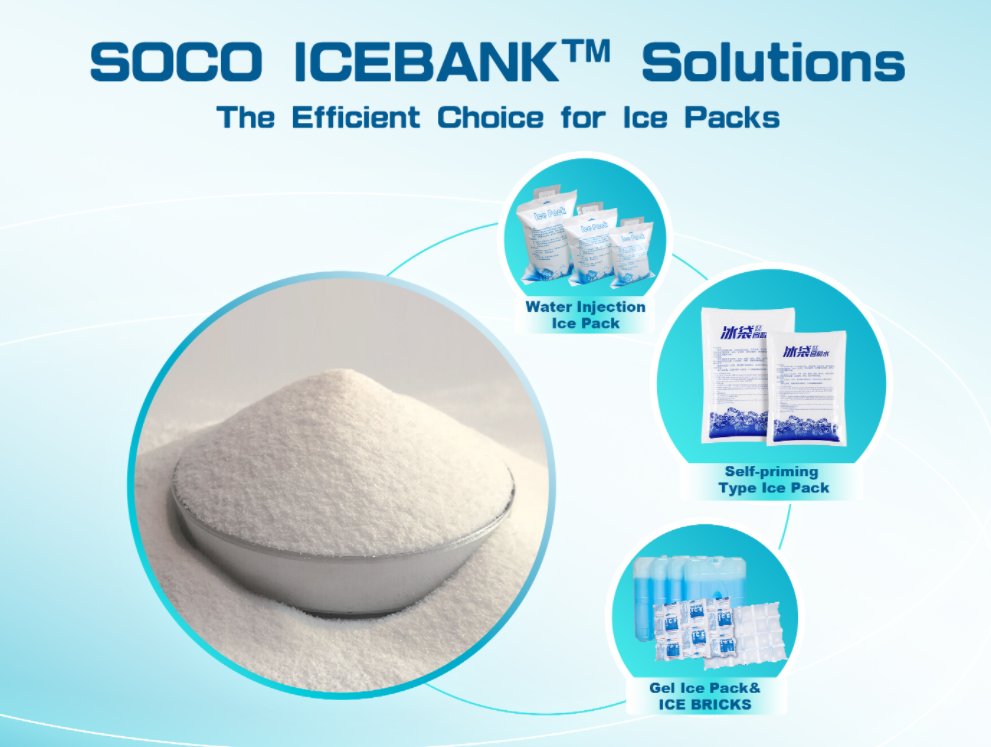In the intricate landscape of cold chain logistics, the often overlooked yet critical aspect is sustainability. While we marvel at crisp, vibrant fruits in our grocery aisles, little do we ponder upon the journey and its environmental toll. Products sourced from distant lands entail substantial energy consumption, both in temperature-controlled storage and transportation. This energy usage, predominantly derived from non-renewable sources, exacerbates climate change, posing threats not only to the planet but also to our own existence.

Environmental Impacts of Cold Chain Logistics:
1.Greenhouse Gas Emissions: Traditional refrigerants like hydrofluorocarbons (HFCs) and chlorofluorocarbons (CFCs), ubiquitous in storage and transportation, are potent greenhouse gases, exacerbating global warming and ozone depletion.
2.Air Pollution: Fossil fuel-dependent vehicles and equipment used in transportation emit particulate matter, nitrogen oxides, and sulfur dioxide, deteriorating air quality and jeopardizing public health.
3.Energy Consumption: The colossal energy requirements of cold chain operations, often sourced from coal or natural gas, contribute to resource depletion and environmental harm.
4.Waste Generation: Excessive and unsustainable packaging of temperature-sensitive products results in environmental pollution, chiefly from plastics, foam, and other disposable materials.
5.Deforestation and Land Use Change: Insulation materials sourced from unsustainable forestry practices further exacerbate environmental degradation.
6.Water Pollution: Chemicals used in cooling processes pose risks to aquatic ecosystems if improperly handled, jeopardizing marine, lake, and river life.
7.Depletion of Resources: The production of refrigerators, vehicles, and equipment consumes significant resources, further straining already scarce materials.
8.Paving the Way for Real Change: The call for sustainable alternatives in cold chain logistics is resounding louder than ever. Embracing sustainability is not just a romantic notion but an imperative reality. The emergence of new technologies, such as renewable energy-powered cooling, promises a paradigm shift. Transitioning from traditional energy sources to solar, wind, and hydroelectric power reduces carbon footprints while fostering decentralized solutions, particularly beneficial for remote regions with limited access to conventional energy sources.
The rise of electric and hybrid vehicles, replacing fossil fuel-dependent counterparts, not only champions sustainability but also presents economically viable alternatives. Once reserved for pioneering trailblazers, these vehicles are increasingly becoming mainstream, reshaping the landscape of transportation.
Efficiency, synonymous with success in the cold chain industry, necessitates a delicate balance between efficiency and sustainability. Enter the realm of smart logistics: leveraging technology and data analytics to optimize every facet of the cold chain, from real-time temperature and humidity monitoring to predictive analytics for preemptive interventions, thereby enhancing efficiency while minimizing waste and resource consumption.
Stakeholders' Role in Cultivating Change: Stakeholders wield significant influence in steering the course towards sustainable cold chain logistics. From farmers and producers to retailers and consumers, each participant holds a piece of the puzzle. The power to effect change lies in conscious choices prioritizing sustainability without compromising the quality and availability of our favorite products.
Farmers, positioned at the inception of the cold chain, increasingly embrace eco-friendly practices like regenerative agriculture, focusing on soil health, biodiversity, and carbon sequestration. By aligning actions with sustainability, farmers become vanguards of genuine change, integral to a more responsible and resilient cold chain.
Furthermore, retailers hold sway over consumer choices, influencing sustainable packaging, reducing food waste, and embracing eco-friendly refrigeration practices. These are just a few avenues through which stakeholders can wield sustainable impact, transcending the confines of supermarket shelves and fostering a consumer culture driven by sustainability.
As the imperative for sustainable practices reverberates across industries, the cold chain sector stands at a crossroads. Embracing sustainability is not merely an option but a necessity for safeguarding our planet and ensuring the longevity of our industries. With innovative technologies, conscious choices, and collaborative efforts, we can navigate the environmental iceberg and chart a course towards a sustainable cold chain future.
Empowering Sustainable Cold Chain with SOCO® Gel Ice Packs

Sustainable Material Composition:
SOCO® ICEBANK™ is the core filling of gel ice packs. Unlike traditional ice bags that rely on non-renewable resources, SOCO® ice pack for cooler bag is environmentally friendly and sustainable today.
1.Reduce Environmental Footprint: By choosing sustainable materials in its gel ice packs, SOCO® ice gel packs for coolers mitigates the environmental footprint associated with cold chain logistics. Reduced carbon emissions and resource consumption help create a greener and more sustainable supply chain ecosystem.
2.Reusability and Service Life: One of the features of SOCO® gel ice pack for food is its reusability. Unlike disposable ice bags that lead to waste accumulation, SOCO® ICEBANK™ can be refrozen and reused multiple times, extending its lifespan and minimizing environmental impact.
3.Energy Efficiency: Using SOCO® gel refrigerant cold pack in cold chain logistics can improve energy efficiency. Its sustainable gel ice packs effectively maintain the required temperature, reducing the need for excessive energy consumption during transportation and storage.
4.Adhere to Sustainable Practices: SOCO® ice packs that last for days complies with evolving regulatory frameworks and industry standards, promoting the sustainable development of cold chain logistics. By adopting SOCO® ICEBANK™, businesses demonstrate their commitment to environmentally responsible practices and contribute to a more sustainable future.
SOCO® cold gel ice packs is a beacon of sustainability in cold chain logistics. As the gel ice pack can be filled with sustainable, degradable, non-toxic, and environmentally risk-free materials, it not only ensures the sustainable development of the gel ice pack but also advocates eco-conscious practices. As industries continue to seek sustainable solutions, SOCO® ICEBANK™ serves as a catalyst for change, supporting cold chain logistics in a greener, more sustainable way.
Ice packs for transportation are designed to maintain a specific temperature range within packages during shipping, ensuring that perishable goods, pharmaceuticals, and other sensitive items remain fresh, stable, and within required temperature parameters throughout their journey. Ice gel packs are versatile cooling devices widely used for a variety of purposes.



